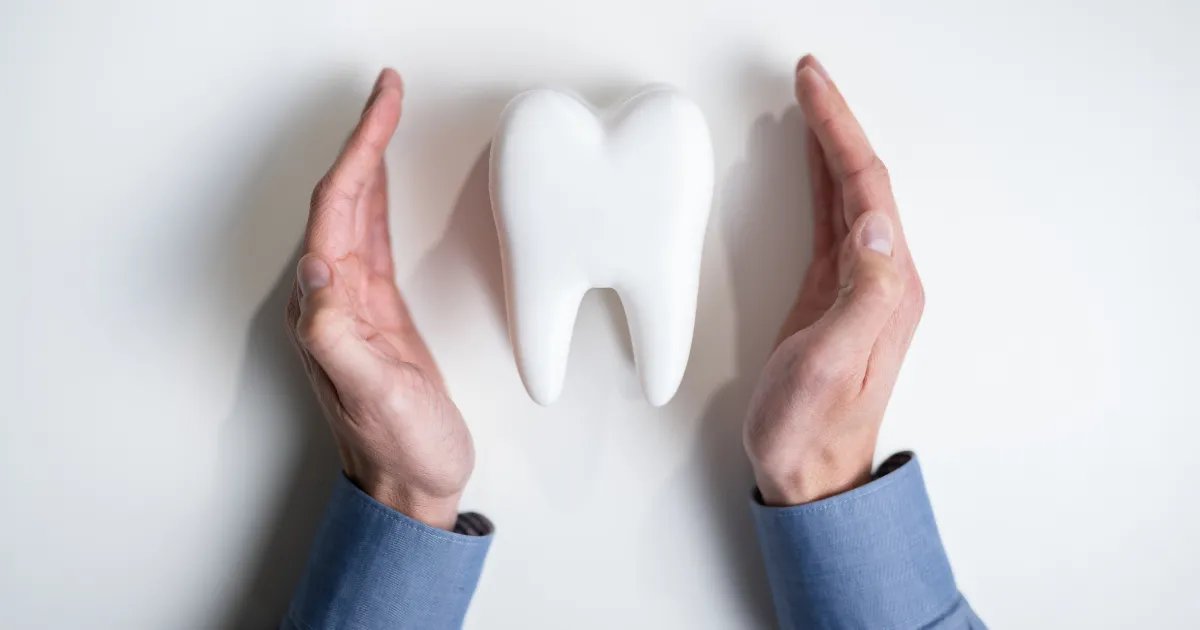Bad breath is one of those issues people are often aware of but rarely comfortable talking about. It can feel embarrassing, even when oral hygiene seems solid. Many patients try mints, gum, or mouthwash without lasting success. For anyone looking for a dentist in Hoffman Estates, understanding the real causes of bad breath is often the first step toward fixing it instead of covering it up.
Why bad breath is becoming more relevant to dental patients
Bad breath is being discussed more openly as people pay closer attention to overall health and social confidence. Masking habits from the past few years also made many people more aware of their own breath, sometimes for the first time.
Diet has changed as well. High protein foods, frequent snacking, and coffee consumption all influence odor in the mouth. Dry mouth, whether from stress, medications, or dehydration, has also become more common and plays a major role in persistent bad breath.
What most people misunderstand or overlook about bad breath
A common misconception is that bad breath always comes from what you eat. While foods like garlic and onions can cause temporary odor, chronic bad breath usually has a different source. In many cases, it comes from bacteria accumulating in areas that brushing alone does not reach.
Another overlooked factor is the tongue. Bacteria collect easily on the tongue’s surface, especially toward the back. If tongue cleaning is skipped, odor causing compounds remain even with regular brushing and flossing.
People also assume mouthwash solves the problem. Many rinses only mask odor temporarily and may worsen dry mouth, which can actually intensify bad breath over time.
How bad breath affects comfort, confidence, and long term oral health
Bad breath affects more than social interactions. It often signals an imbalance in oral bacteria or early gum issues. When bacteria build up along the gumline or between teeth, odor is often one of the first noticeable symptoms.
Over time, the same conditions that cause bad breath can lead to gum inflammation and periodontal disease. What starts as an odor issue can become a health concern if the underlying cause is ignored.
Comfort matters too. Dry mouth, a frequent contributor to bad breath, can increase sensitivity, raise cavity risk, and make the mouth feel persistently uncomfortable.
The role of a dentist in Hoffman Estates when evaluating bad breath
A dentist in Hoffman Estates looks beyond surface symptoms to identify why bad breath is happening. This includes evaluating gum health, plaque buildup, saliva flow, and areas that are difficult to clean at home.
Sometimes the cause is purely oral. Other times, it is related to habits, medications, or health conditions that affect saliva and bacteria balance. Identifying the source makes treatment more effective and long lasting.
What this means for someone choosing a dentist in Hoffman Estates
If bad breath has been persistent despite good hygiene, choosing a dentist in Hoffman Estates who takes the concern seriously is important. It is not just a cosmetic issue. It is often useful information about what is happening in your mouth.
At Forest Edge Dental, bad breath is addressed without judgment and with clear explanations. Patients are guided through possible causes and practical solutions that fit their daily routine. That approach helps resolve the issue instead of repeatedly masking it.
Many patients feel relief learning that bad breath is common, treatable, and often linked to fixable habits or conditions.
Final takeaway and next step
Bad breath usually has a cause, and it is rarely just about food or hygiene effort. Bacteria, dry mouth, and gum health all play a role. Addressing the source is the key to lasting improvement.
If bad breath has been ongoing or concerning, scheduling a visit with Forest Edge Dental in Hoffman Estates is a simple next step toward understanding what is causing it and how to address it effectively.




